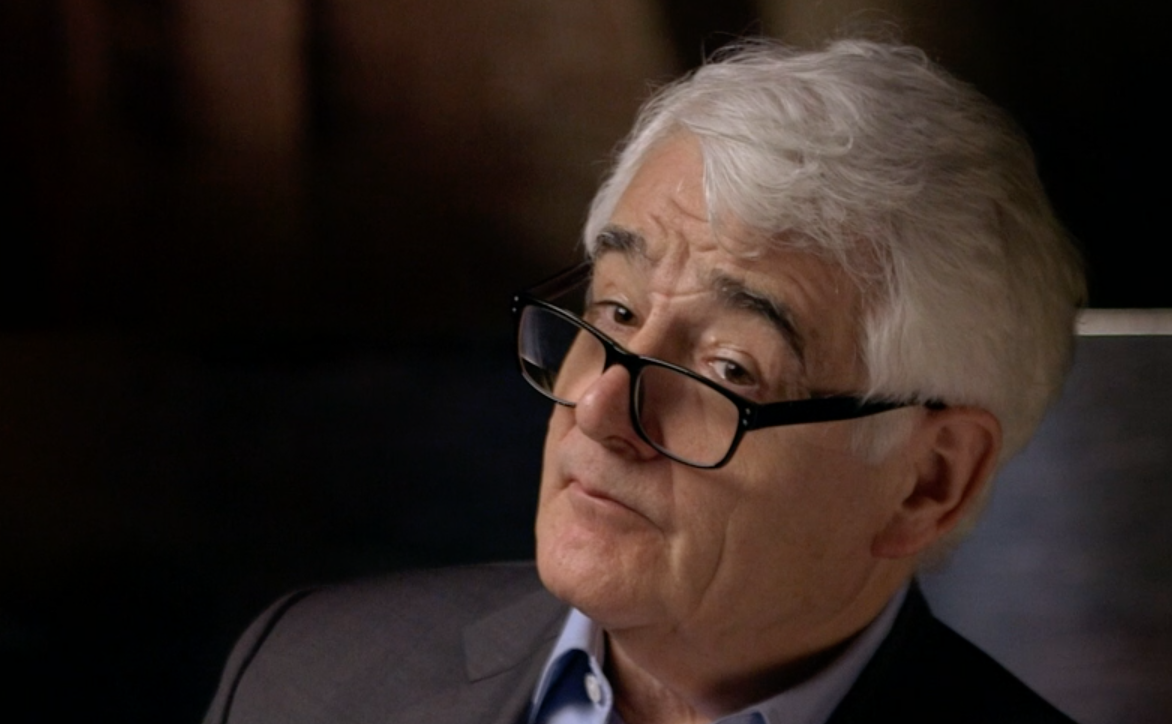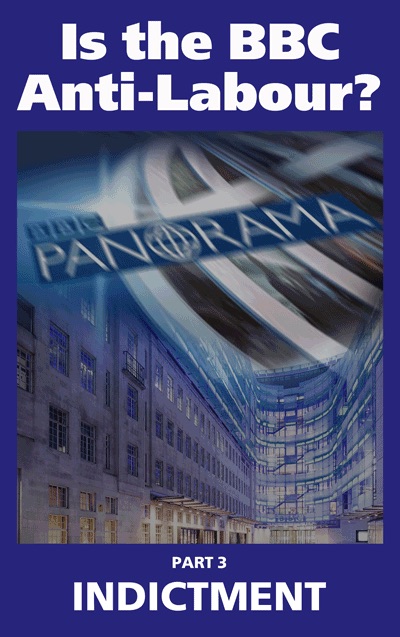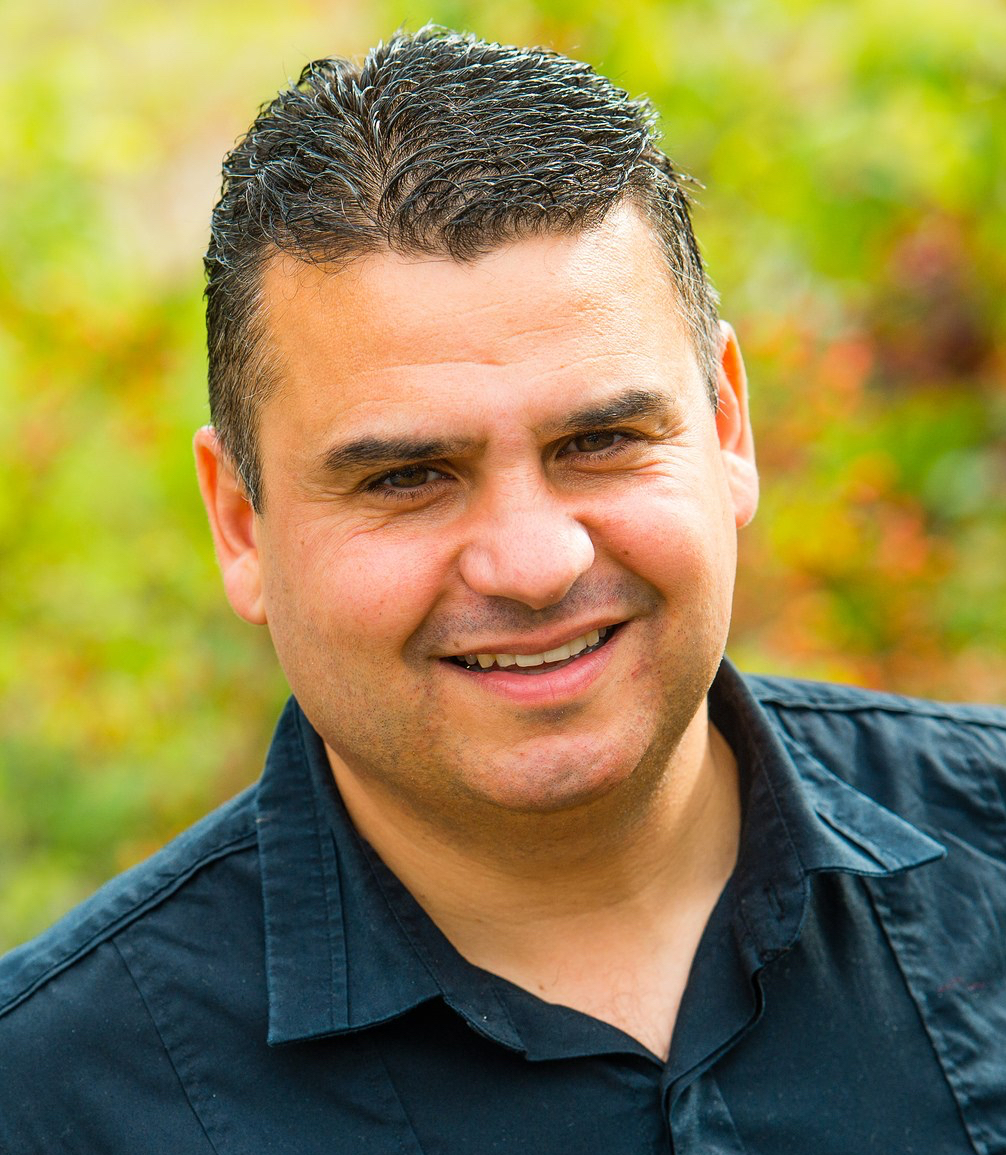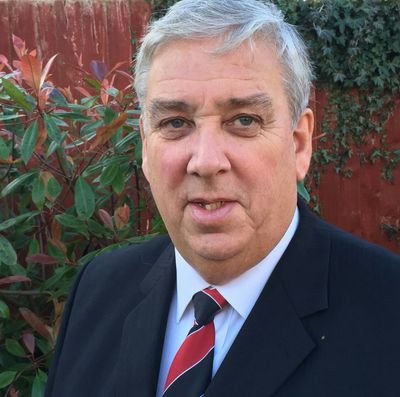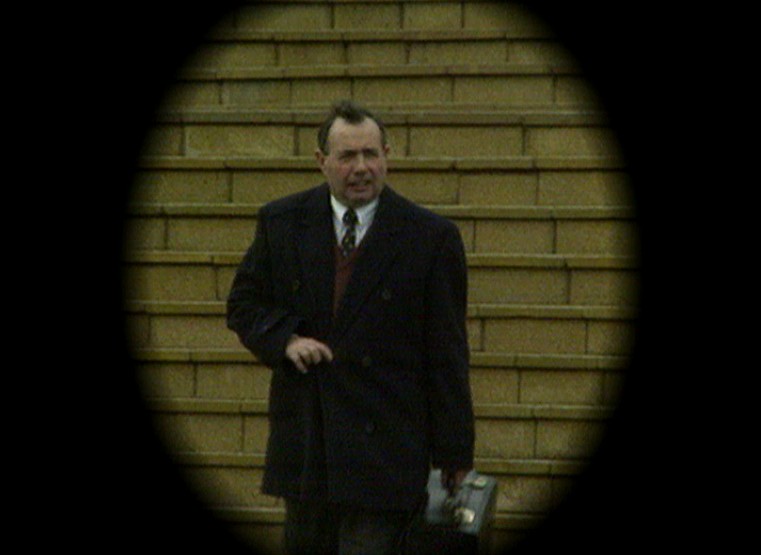15 October 2017

WELSH WATER is increasing poverty in Wales.
Nearly 400,000 low-income customers are being failed.
They have lost more than £80 million since the not-for-profit company ended its “customer dividend” in 2010.
The company is also secretly adding an extra £4.90 to their bills this year.
This is to help pay for the company’s range of “social tariffs”.
A Rebecca investigation shows these policies mean:
— just one in seven of the eligible low-income customers are being helped
— Welsh Water is reducing its contribution to social tariffs
— the policies are justified by a bogus consultation exercise
— they help boost the bonus of chief executive Chris Jones.
First Minister Carwyn Jones and the Labour administration in Cardiff Bay signed off the policy.
The water regulator, Ofwat, did nothing to prevent the company introducing a discriminatory pricing regime.
Rebecca exposes the great Welsh Water poverty racket.
♦♦♦
WELSH WATER’S strategy for dealing with poorer customers is simple.
Any household earning less than £15,000 a year can apply for its flagship HelpU social tariff which caps bills.
The scheme was introduced in 2015.

WELSH WATERGATE
THIS IS the third instalment of a Rebecca investigation that began in 2014. The first article — The Great Welsh Water Robbery — revealed the scale of directors’ pay. We compared Welsh Water’s salaries with the publicly-owned Scottish Water. Welsh Water, half the size of its Scottish cousin, is paying its directors twice as much.
The piece also claimed that the company’s decision to end its “customer dividend” in 2010 cost consumers £250 million.
The second instalment — The Great Welsh Water Conspiracy — revealed that water regulator Ofwat effectively fined the company £85 million for a £234 million overspend on its capital expenditure programme between 2010 and 2015. This was the money Rebecca claimed should have gone to customers in the form of reduced bills.
The article also investigated the company’s use of the Cayman Islands tax haven to borrow money. It raised the possibility that some foreign companies were using the system to avoid paying UK tax.
Rebecca is independent and does not take advertising or sponsorship. Her only income comes from donations …
Originally, the threshold was £12,500 — close to the government’s “relative income poverty” level.
But the company raised the ceiling because:
“… there was a slow uptake of the tariff and analysis of the applications showed that there were a lot of customers who were not eligible as their income was over £12,500 but below £15,000.”
Customers accepted on the HelpU tariff have their bills capped at £190.
The average bill is £439.
By March 2017 the company claimed to have 66,000 customers either on this or one of its other social tariffs.
This is a major boost to low-income families — and Welsh Water is more generous than any of the privately-owned water companies.
But it is a fraction of the numbers who need help.
Welsh Water does not know how many of its 1,442,000 domestic customers are eligible for its social tariffs.
It has only recently commissioned research to try to pinpoint the exact number of vulnerable customers.
But Ofwat, the water regulator, has already done some of the work.
In a 2015 report it concluded that “affordability risks emerge when a household spends more than 3 per cent” of their income on water bills.
Ofwat calculated that nearly a third of Welsh Water’s 1.4 million customers — 32 per cent — were in this category.
This is 460,000 of the company’s domestic consumers.
The earnings of these 460,000 customers was less than £13,300 a year, according to Ofwat’s research.
This is well below Welsh Water’s own £15,000 eligibility figure for its flagship social tariff.
It is also close to the Welsh government’s poverty line.
The company’s says 66,000 of these customers were benefiting from its raft of social tariffs by March 2017.
It means that almost 400,000 are not.
To see what this means in practice, imagine a typical street of terraced houses.
Call it Water Street.
Seven of the households in the street earn less than £15,000 a year and are eligible for reduced bills.
But only one actually receives the social tariff.
This is because customers have to apply for the scheme.

WATER STREET
IN OUR fictional street of terraced houses, just one of the seven low-income households who qualify for Welsh Water’s main social tariff actually receive it. There’s also some doubt about the quality of Welsh Water’s figures: its claim that 66,000 customers benefit from the tariffs includes many thousands of consumers with small discounts that are self-funding. For example, customers paying their bills through the benefits system get a discount and the company gets it back because it saves the cost of chasing them for payment. Welsh Water declined to give Rebecca detailed figures for this article.
Photo: Rebecca (this picture of a street in the Valleys is used for illustrative purposes only)
Many are not aware of it — and some, especially pensioners, resent the idea that they’re poor.
So one low-income householder pays a maximum of £190.
The other six are playing the full bill — on average £439 a year.
♦♦♦
UNTIL 2010 all low-income households benefited from Welsh Water’s “customer dividend”.
The company is a “not-for-profit” business which claims to operate solely for customers.
This allowed the company to hand back some of its profits to customers.
Between 2004 and 2010 more than £150 million was distributed equally to all consumers.
In 2010 every customer received a £22 rebate.
This was especially valuable to low-income customers.
But in 2010 the company abandoned the customer dividend and has never restored it.
In previous articles Rebecca has argued this was a mistake.
We estimate the company made more than £300 million in profits in the seven years since 2010.
The company used these profits to reduce its debt.
Rebecca says these profits should have been handed back to customers.
This would have meant that the 400,000 vulnerable customers who currently do not benefit from the social tariffs would have shared more than £83 million.
They would have shared this sum equally — over £200 over the seven years.
To go back to Water Street, our street of terraced houses.
This year only one will be on the social tariff — a reduced bill of £190.
But, with a restored customer dividend, the other six would also have received a reduction this year.
Each would have got £29.
♦♦♦
IT GETS worse.
In 2015 Welsh Water tried to reduce the cost of its social tariffs.
These were the only direct financial benefit any customer gained from the company’s operations.
Between 2010 and 2015 the cost of the scheme was borne by the company at a cost of £22 million.
But in 2015 the board of directors decided to force customers to shoulder some of the burden.

PROTECTION RACKET
MENNA RICHARDS, the £70,000 a year senior independent director of Welsh Water, is part of the reason why Welsh Water has escaped proper scrutiny. Ever since it was formed in 2001, the company has enjoyed close links with BBC Wales. A former Director of BBC Wales, Menna Richards joined the company even before she stepped down from the broadcasting post in 2011. When she left the Corporation, her place was taken by her protégé Rhodri Talfan Davies. He’s the son of Geraint Talfan Davies who, after he stepped down as head of BBC Wales in 2000 was succeeded by his protégé, Menna Richards. Geraint Talfan Davies was a founding non-executive director of Welsh Water and served for nearly a decade. This means that Welsh Water has always had a powerful media player on its board. There’s no suggestion BBC Wales has been influenced by these connections.
Photo: PA
It voted to introduce a one-off increase of £13 for every customer.
It claimed this was to cover the cost of taking over private sewers back in 2011.
At the time, the company — like many other water companies — had agreed to absorb the cost.
Now — four years later and completely out of the blue — the company decided to impose the charge.
The charge would have raised an additional £17 million.
Pressure from watchdogs and the regulator Ofwat forced the company to abandon the idea.
But the board of directors remained determined to reduce the cost of the social tariffs — and had another plan up its sleeve.
Back in 2010 the government introduced new legislation — the Flood and Water Management Act.
This allowed water companies to charge some customers to help pay for social tariffs.
For five years, Welsh Water didn’t use this cross-subsidy.
In 2015 it changed its mind.
In that year it secretly added £1 to every customer’s bill to help pay for the social tariffs.
Last year the figure jumped to £2.55 — and this year the figure has risen to £4.90.
The impact on Water Street has been dramatic.
In three years, the six low-income households in Water Street have each been forced to pay an extra £8.45 to subsidise their neighbour’s social tariff.

SECRET CHARGES
FOR THE last three years Welsh Water has been secretly adding an additional levy on 1.4 million customers. Already the hidden tax has raised more than £12 million and Rebecca estimates the total will exceed £42 million by 2020.
Graphic: Rebecca
Customers have not been told about these increases — they do not appear on the annual bills.
By March next year, the company will have raised more than £12 million from these extra charges.
The additional revenue raised from customers means the company has reduced its contribution to its social tariffs.
Last September Welsh Water produced a report for its bondholders — the financial institutions which lend the company money.
It noted that its support for the social tariffs will have dropped from an average of £6.5 million in 2017 to £3.6 million by 2020.
Welsh Water also has ambitions to increase the number of people on social tariffs to 100,000 by 2020.
The company told Rebecca this could mean customers being charged the maximum cross subsidy — £12 per customer — in order to fund some of the additional costs.
We can see what this will mean for the terraced houses in Water Street in 2020.
The increased uptake in the social tariff means two households will now be on the social tariff.
The remaining five, though, will now be paying an extra £12 to help subsidise them …
♦♦♦
WELSH WATER claims a major consultation in 2015 approved its current strategy.
Called “Your Company, Your Say” it generated nearly 12,000 replies and forms the basis of the company’s policies for the five years between 2015 and 2020.
Welsh Water claims this survey backed its proposals.
But the consultation was a carefully contrived public relations stunt.
Neither the 40 page outline of the five year plan nor the 12 page questionnaire were honest.
There’s no mention that the company expected to make a surplus of £40 million a year over the five years.
There is no mention of the possibility of using these profits to restore the customer dividend.
The only question which touched on this issue was on the level of bills.
The question asked was “Investment vs Bills”:
“We want to get the balance right between doing more to prepare for … future challenges and keeping your bills affordable.”
“Which would be your preferred option?”
Four options were then given: reduce bills by £10, keep them the same, increase them by £10 or £20.

LOADED QUESTION
THE QUESTIONNAIRE used by Welsh Water included only one option for reducing bills. Cutting bills by £10 is equal to a “customer dividend” of £14 million. Yet the company makes at least £40 million profit every year. An option to reduce the bills by £20 or £30 should have been included…
Illustration: Welsh Water
Only the £10 reduction involved a partial restoration of the customer dividend.
It would have cost the company £14 million.
But the questionnaire was not enthusiastic about the option, warning those who ticked this option:
“ … this means doing less to prepare for future challenges.”
In a report on the consultation the then company chairman Robert Ayling said
“Your feedback told us that we’d generally struck the right balance between investment and bills, whilst you didn’t want to see a deterioration in service, even if that could lead to a lower bill”.
He added:
“However, you also told us that keeping bills low is a big priority, and some customers said that a reduction in bills would be welcome.”
Rebecca asked the company for details of the voting on this question.
Welsh Water declined to provide them.
♦♦♦
ON THE question of how to handle low-income customers — “helping people who struggle to pay their bill” — the company was even less transparent.
The questionnaire stated:
“We would spend more to help these people, but it would mean that most of our customers would be paying a little extra on their bill to help those struggling the most”.
It then asks:
“How important is this to you and your community?”
No options were given about the amount of any possible increase.
Instead respondents were given the opportunity of expressing a feeling about it by choosing one of five faces.
Four of them were approving — from happy right through to ecstatic.
Only one of them was neutral.

LAUGHABLE
IN ITS questionnaire Welsh Water gave customers five choices. One of the five was neutral, the next was happy, followed by very happy and ultra happy. The final choice looked like a character who’d taken magic mushrooms. A balanced survey would have had a neutral option in the centre with two negative faces on the left and two positive faces on the right.
Illustration: Welsh Water
There was no negative option.
A genuine survey would have given concrete examples of what “a little extra” would actually mean.
This should have included a range from paying nothing right up to the legal maximum of £12.
Once again, Welsh Water would not give us the detailed responses to this question.
The company believes this survey — of less than one per cent of its customer base — gives it a licence to charge right up to the £12 maximum.
But, in practice, the vast majority had no say in the process.
And, until this article, they have not even been told the level of the charges they’re being forced to pay.
We could find no evidence the scale of charges has ever been published.
We asked the company if this was correct.
Its reply was:
“As far as we are aware.”
♦♦♦
WELSH WATER’S squeeze on the poor is taking place against a background of growing austerity.
The company’s average £439 bill is £44 more expensive than the England and Wales average.
At the same time Welsh average earnings are among the lowest in the UK.
Research by the Wales TUC says that, after inflation, average pay in Wales actually fell by more than 8 per cent between 2010-2014.
In 2013 the water regulator Ofwat realised its 2010-2015 price review had been too generous to water companies, including Welsh Water.
They were making greater profits than expected because of higher inflation and lower interest charges.
Ofwat chairman Jonson Cox wrote to all the companies in October 2013 .
He said:
“ … having compared the harsh pressure on customers and the generous returns to water company shareholders from macro-economic factors over recent years, I … have been banging the drum about customers and water bills for most of the last year.”
He urged them to consider forgoing all or part of the price increase for the year 2014-2015.

JONSON COX
THE CHAIRMAN of the water regulator Ofwat, Jonson Cox tried — unsuccessfully — to persuade Welsh Water to hand back some of its profits to consumer in 2013. But why did he make no attempt to stop the company introducing its discriminatory cross-subsidies in 2015? We asked him — he didn’t answer.
Photo: Ofwat
Five of the ten companies did so.
Welsh Water was not one of them.
♦♦♦
THE SITUATION for poor customers is set to get worse.
Back in 2014 the Consumer Council for Water produced a report called “Living with water poverty”.
It noted that new factors were making it harder for poorer households to meet their bills:
“… these are the rise of payday lending and zero hours contracts and the changes to welfare and benefit payments.”
It added that this was forcing some customers to use food banks.
By the time Welsh Water axed its “customer dividend” in 2010, there were 16 food banks in Wales.
By December 2015 the number had jumped to 157.
In February this year a study by the Resolution Foundation found that low income families are facing a triple whammy.
Rising inflation, falling wages and £12 billion in welfare cuts as Universal Credit is rolled out would slash their income over the next four years:
“A typical family with children is set to have a lower disposable income … in 2020-21 … than a typical family this year …”
These families, it concluded, would lose £600.
♦♦♦
THERE’S ANOTHER twist in this tale.
Welsh Water’s chief executive Chris Jones has a complex pay package.
On top of his £292,000 basic salary he has a bonus scheme.
The scheme — which takes up 13 pages of the annual report compared to just a couple of paragraphs on the social tariffs — is complex.
Part of the bonus is based on the increase in the company’s reserves.

JONES THE MONEY
WHILE THE poor get poorer — and most of the rest of Wales treads water financially — austerity hasn’t touched chief executive Chris Jones. Last year his salary was £292,000 — but that’s just for starters. Bonus and pension contributions take the total to £773,000. It would take a Welsh Water customer on the company’s main HelpU tariff half a century to make that much money.
Photo: Welsh Water
These have been growing mainly because Welsh Water doesn’t give customers a dividend.
It is also higher because the company has shunted some of the cost of the social tariffs onto customers.
In the last two years Chris Jones has earned at least £130,000 from this element of the bonus scheme.
We asked Welsh Water exactly how much of this was earned as a result of axing the customer dividend and making most customers pay extra for the social tariffs.
The company told us:
“You are misinterpreting the way the scheme works and this is misleading for readers.”
It insisted the scheme:
“ … actually rewards the total value created for customers, including the value of social tariff subsidies made as well as the growth in reserves.”
We asked the company for evidence of this — we could find no reference to the social tariffs being part of the scheme.
The company declined to provide it …
♦♦♦
ON THURSDAY we sent Welsh Water an online of this article.
On Friday the company gave us a long statement.
It did not challenge our analysis of the cross-subsidies or the fact that the majority of low-income customers are not helped.
The statement insisted:
“The article is fundamentally wrong and paints an inaccurate and distorted view of the help we offer those customers who genuinely struggle to pay.”
“Needless to say, we strongly disagree with it.”
“We are currently helping almost 90,000 customers and have committed to increasing this to over 100,000 by 2020 – more than any other water company.”
“At the moment, we are currently signing up on average 160 customers a day to one of our assistance plans and working with around 160 organisations to identify those that we can help”
“As a company, we are committed to helping those customers who genuinely struggle to pay and are proud of the extensive range of support we offer.
“We have no intention of capping the figure at 100,000 when it is reached.”
“We know that at least almost 41,000 customers already save at least £250 on their bill through our HelpU tariff.”
In answer to our criticism of the consultation process which led to cross-subsidies being introduced, the statement noted:
“The claim that our assistance scheme has been implemented in secrecy is wrong.”
“Customer, media and stakeholder engagement has regularly referred to the assistance we provide.”
“The level of support from Welsh Water customers to support those customers who genuinely struggle to pay has always been higher than the level of support seen by other companies in the sector across the UK.”
“Indeed, research commissioned in 2014 looking specifically at the levels of support for assistance tariffs, found that 75% of our customers supported a contribution of up to £15 for supporting those genuinely struggling to pay.”
We asked to see this research but the company declined to provide it.
♦♦♦
WE ALSO wrote to First Minister Carwyn Jones.
His Labour administration in Cardiff sets water policy for Wales and was involved in setting Welsh Water’s social tariffs.
We asked the First Minister if he was aware that the company was now charging a large number of poor customers for the privilege of helping a much smaller number of low-income families.
“It’s robbing Peter to pay Paul,” our letter noted.
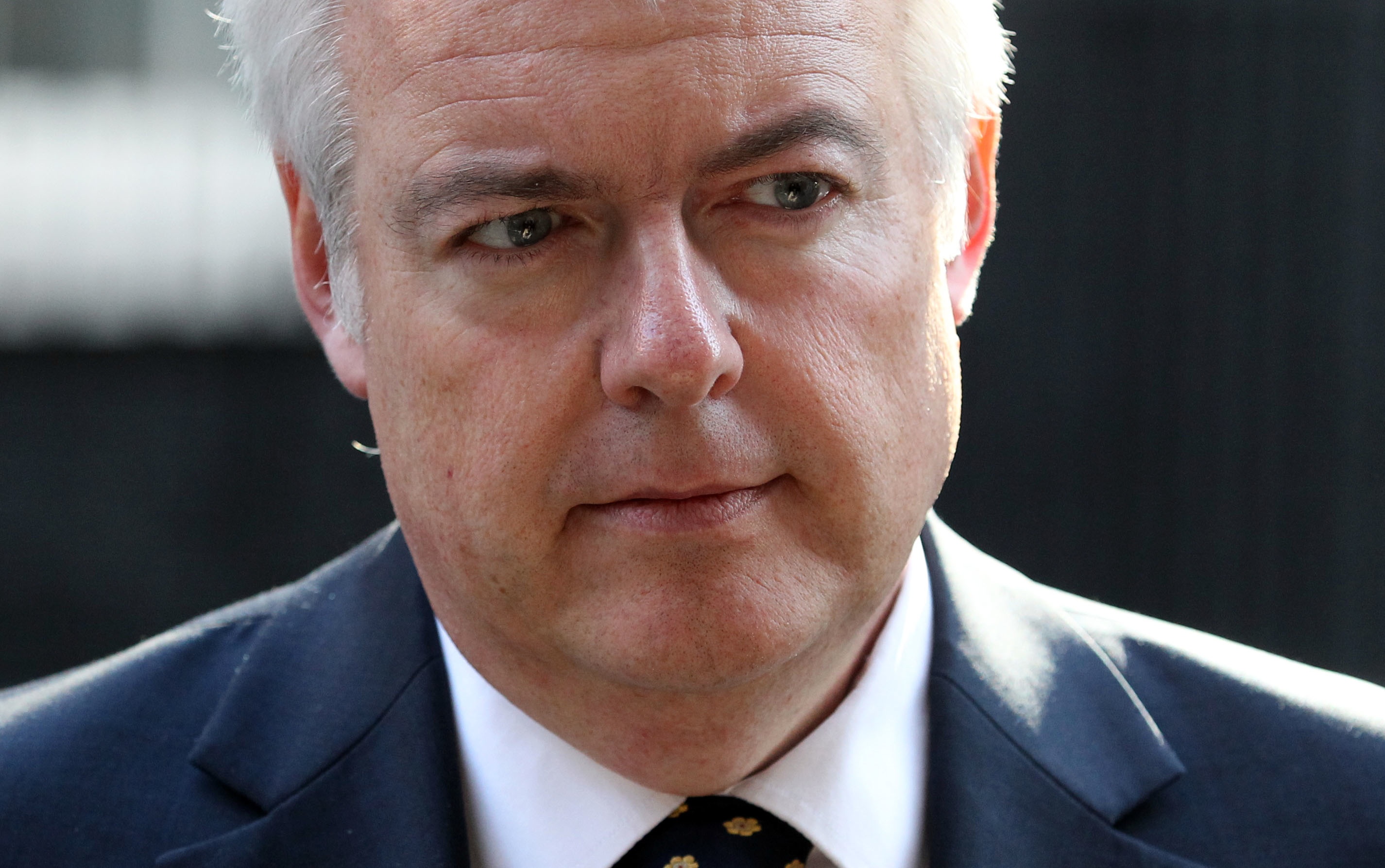
NO REPLY
FIRST MINISTER Carwyn Jones did not answer our email asking him about the Welsh government’s apparent support for Welsh Water’s discriminatory social tariffs.
Photo: PA
“By allowing the many to pay for the few, it goes against the policy of Labour nationally”.
The letter urged him
“— to put a stop to the cross-subsidies
— to force the company to repay the £8.45 as soon as possible
— to restore the customer dividend so that those not on the social tariffs at least get some financial benefit.”
Mr Jones did not reply.
♦♦♦
Published: 15 October 2017
© Rebecca
♦♦♦
NOTE
Statement from Dŵr Cymru Re: Welsh Water
13 October 2017
The article is fundamentally wrong and paints an inaccurate and distorted view of the help we offer those customers who genuinely struggle to pay. Needless to say, we strongly disagree with it.
As we have already pointed out to you, the interpretation of how our Long Term Variable Pay Scheme (LTSVP) is operated is fundamentally wrong. To begin with, any insinuation that the LTVPS is designed in a way that gives a personal disincentive to fund social tariffs is simply wrong. You are misinterpreting the way the scheme works and this is misleading for readers. Our LTVPS actually rewards the total value created for customers, including the value of social tariff subsidies made as well as the growth in reserves. What this means is that we are equally as incentivised to pay social tariffs as we are to retain reserves.
We are currently helping almost 90,000 customers and have committed to increasing this to over 100,000 by 2020 – more than any other water company. At the moment, we are currently signing up on average 160 customers a day to one of our assistance plans and working with around 160 organisations to identify those that we can help. As a company, we are committed to helping those customers who genuinely struggle to pay and are proud of the extensive range of support we offer.
As a company we are proud to be able to say that we do more than any of the companies in our sector to help those customers who genuinely struggle to pay. Indeed, some companies have set a cap on the number of customers they support and only allow new customers to join their assistance schemes when another customer come off it. We have no intention of capping the figure at 100,000 when it is reached. We know that at least almost 41,000 customers already save at least £250 on their bill through our HelpU tariff.
The level of support from Welsh Water customers to support those customers who genuinely struggle to pay has always been higher than the level of support seen by other companies in the sector across the UK. Indeed, research commissioned in 2014 looking specifically at the levels of support for assistance tariffs, found that 75% of our customers supported a contribution of up to £15 for supporting those genuinely struggling to pay.
To conclude:
— Any insinuation that Chris or any of the company directors are benefiting financially from money that would otherwise be used for assistance tariffs is wrong.
— The interpretation of LTSVP as diverting profit to increase reserves is wrong
— The claim that the number of customers actually benefitting from the support we offer is below 66,000 is wrong. We are supporting almost 90,000.
— The claim that our assistance scheme has been implemented in secrecy is wrong. Customer, media and stakeholder engagement has regularly referred to the assistance we provide.
— The claim that the company’s contribution to social tariffs is decreasing is wrong.
— The interpretation of our customer engagement and research is wrong.
Ends
♦♦♦
NEXT
GORDON ANGLESEA & ARFON JONES: UNANSWERED QUESTIONS
NORTH WALES Police Commissioner Arfon Jones has declined to answer Rebecca questions about his role in the Gordon Anglesea affair. Anglesea died last year after he was gaoled for 12 years for historic child sex abuse. Jones, a former North Wales Police inspector, won’t say why he allowed Anglesea’s widow to keep half of his pension without consulting the Home Office. Nor will he explain why his damning testimony against Anglesea in last autumn’s trial did not feature in the hearings of the North Wales Child Abuse Tribunal in 1996-97. And he won’t say if he made a statement when North Wales Police originally investigated abuse allegations against Anglesea in 1991 …
♦♦♦
DONATIONS
If you would like to support the work of Rebecca, you can do so by clicking on the DONATE button.
CORRECTIONS
Please let us know if there are any mistakes in this article — they’ll be corrected as soon as possible.
RIGHT OF REPLY
If you have been mentioned in this article and disagree with it, please let us have your comments. Provided your response is not defamatory we’ll add it to the article.








 Posted by Rebecca
Posted by Rebecca 






